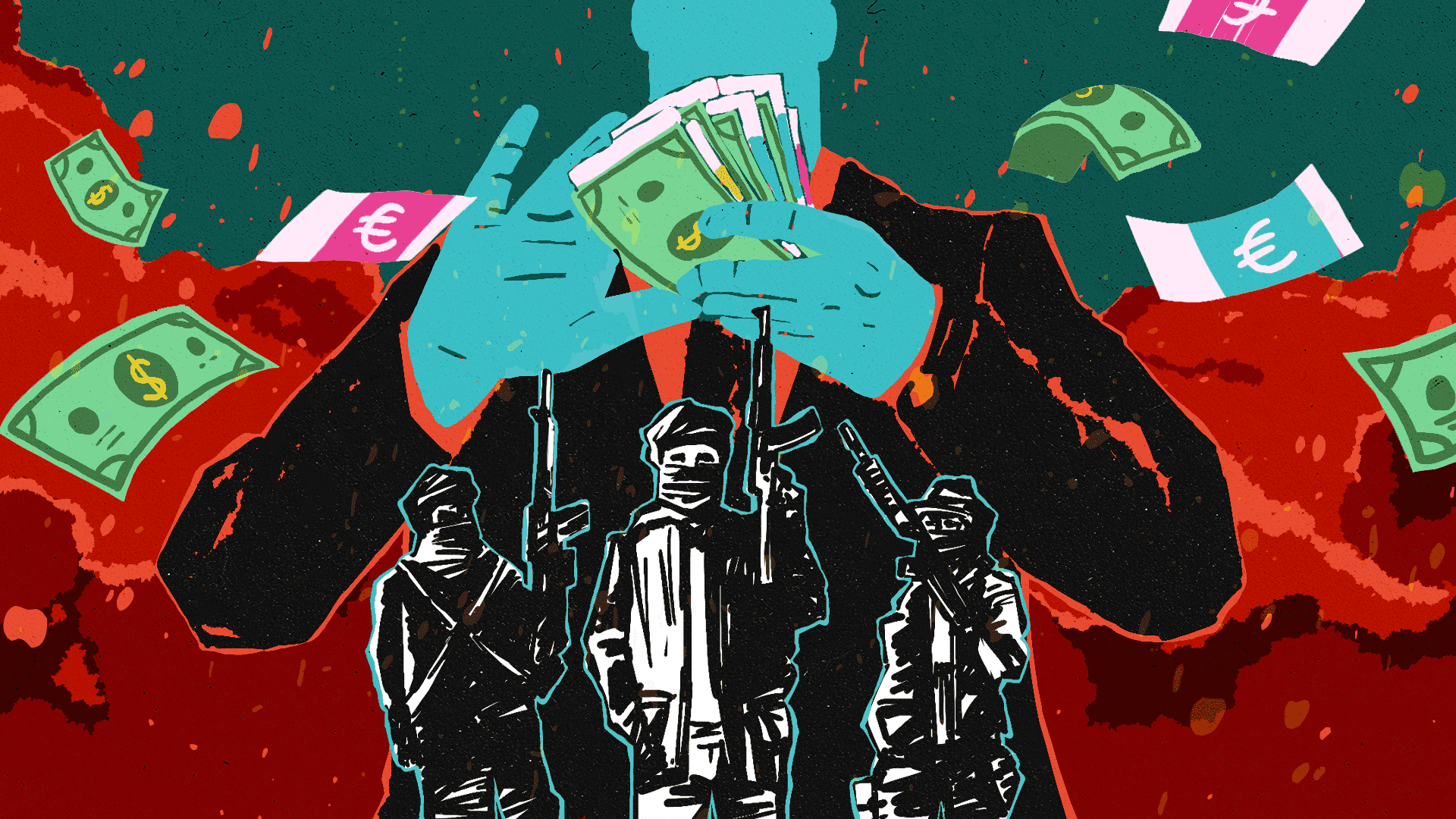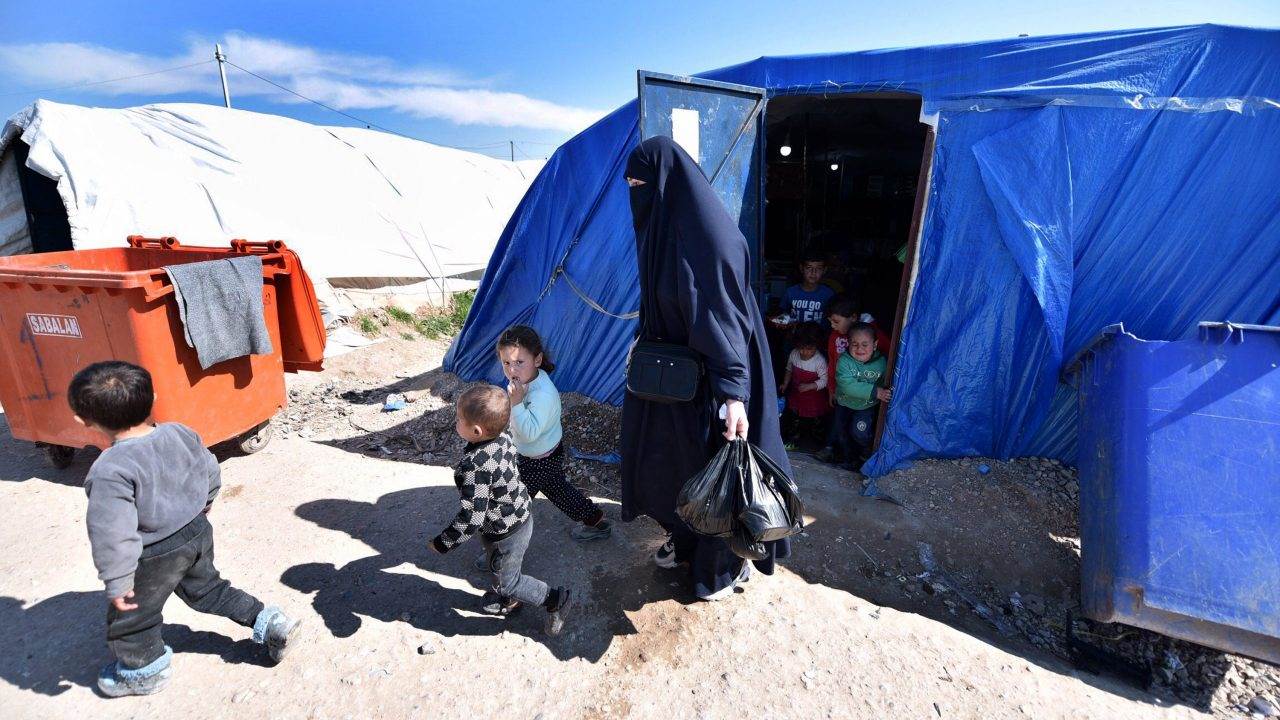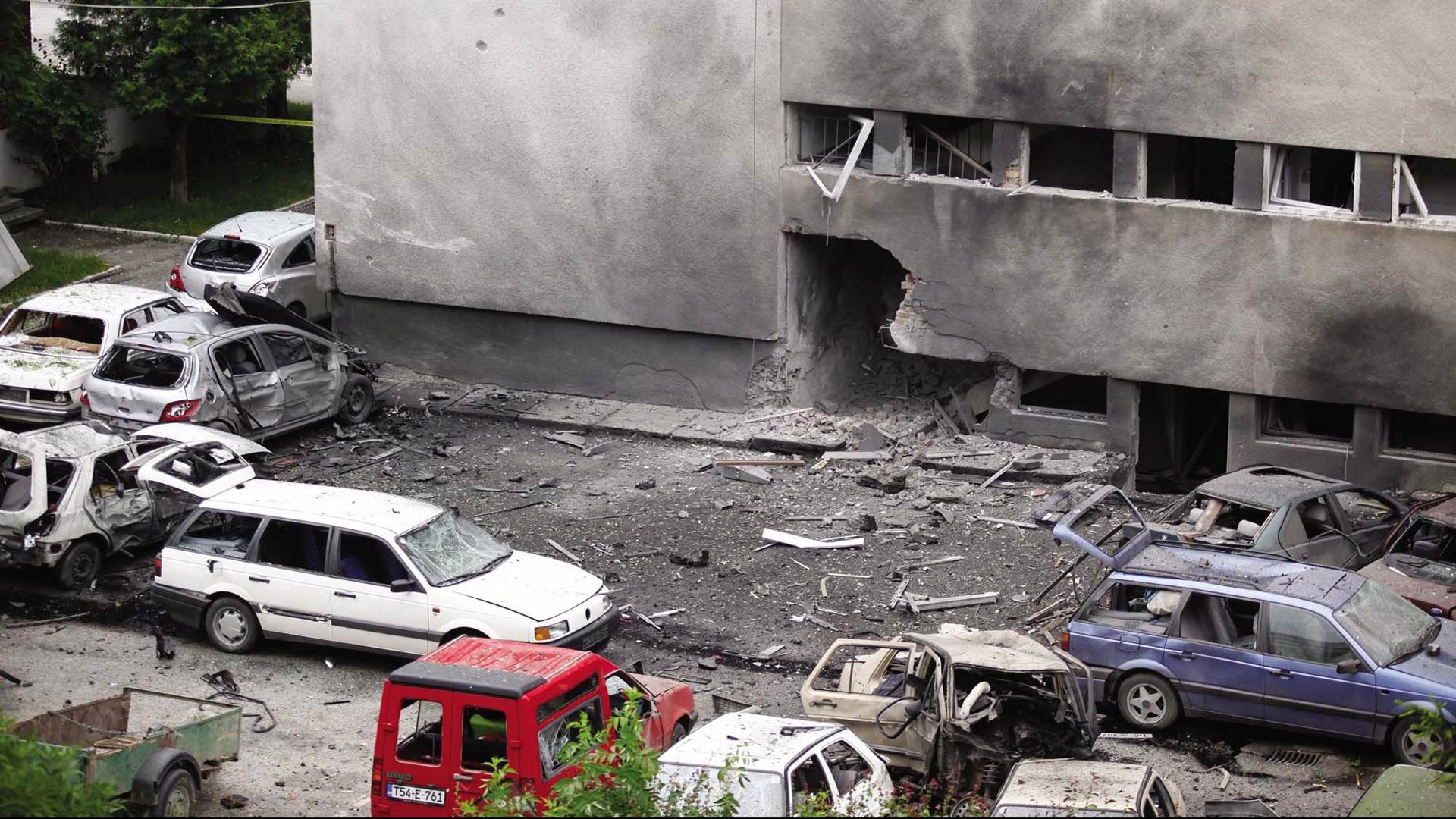BIRN has identified 135 Chinese-linked projects in the Balkans worth more than 32 billion euros. Few have come without controversy.
Since hundreds of Balkan extremists went abroad to fight for Islamic State and other militant groups, Albania, Bosnia and Herzegovina, Montenegro, North Macedonia and Serbia have come under increased international...
Balkans states might be prepared on paper, but in practice they are struggling to confront the growing threat from cyber-attacks. Bosnia doesn’t have a state-level strategy.
Since the fall of the Islamic State ‘caliphate’, piecemeal efforts by Balkan states to repatriate their nationals from refugee camps in Syria means more than 100 children are still living...
Laws and counter-terrorism strategies in the Balkans demonstrate a failure on the part of governments to take seriously the threat from far-right extremism, according to a BIRN analysis.
Evidence in terrorism cases is proving difficult to find, while experts warn that the reintegration and rehabilitation of foreign fighters is an even greater challenge.
Concern in the Balkans since the collapse of the Islamic State caliphate has focused on the threat posed by returning fighters.






